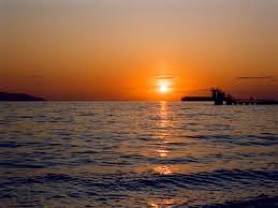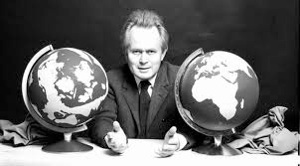Galway Bay
If maybe someday I’ll go back to Ireland
Be it only at the closing of my day
I might sit and watch the moon rise over Claddagh
And see the sun go down on Galway Bay.
Oh to hear again the ripple of the trout stream
The women in the meadows making hay
Just to sit beside a turf fire in the cabin
And watch the barefoot garsún’s at their play.
The winds that blow across the bogs from Ireland
Are perfumed by the heather as they blow
And the menfolk in the uplands digging praties
Speak a language that the English do not know.
And yet they come and try to teach us their ways
They blame us just for being what we are
But they might as well go chasing after moonbeams
Or light a penny candle from a star.
And if there is going to be a life hereafter
And somehow I am sure there’s going to be
I will ask my God to let me make my heaven
In that dear land across the Irish sea.
Brendan Hayes
Kim Sjøgren
James Blennerhassett
Gerard Fahy
Brendan Hayes
Michael Nestor
Brendan Hayes
James Blennerhassett
Traditional
This is the original Irish composition and lyric, written in 1947 by Dr. Arthur Colahan from Galway,
The listener will notice that the lyric suggests Colahan’s view of the futility of the English colonisation of Ireland, a sentiment subsequently airbrushed by the American producers who sanitised the lyric diplomatically for the Bing Crosby hit in 1949 by substituting the word “strangers” instead of “English”, to this day the more popularly known version. “The Strangers came and tried to teach us their ways” was also substituted into the 4th verse so as to avoid the lyric being overly political and leave the sleeping dogs of old enmities lie. Funny to note that Colahan’s lyric suggests that the women of the early 20th century did all the hay-making and digging of potatoes while the men seemingly did the fishing.....

Vocals
Violin
BASS
whistles
piano, strings, guitar
SEAGULLS ....!
Arrangement
MIXING, EDITING, MASTERING
Music & Lyric
I have performed for years with a cohort of Galway musicians, locally known as “The Fahy’s from Ballinakill”. We’ve travelled much together, had much fun and many adventures. Currently, I join them on the stage of Trad on the Prom, a show conceived and produced by Chris Kelly while comprising much of the accumulated Fahy musical repertoire, be it from our other incarnation, the band Reeltime, or written by Gerard Fahy.
I would like to dedicate this track in thanks to the everpresent enthusiasm of the father of all these multi-talented Fahy’s, Máirtín Fahy. Máirtín is a gentleman of much knowledge, culture and kindness and I take this opportunity to thank him for his unfailing encouragement of singing down through the years.

I was kindly invited to sing at the RoseLiv Velgørenhedskoncert in Odense, Jutland in 2010.
While singing the Irish song “Galway Bay” accompanied by Kim on violin, I heard the audience singing along. Amazed, I stopped the song mid-tune and asked the audience how they knew it.....following which Kim and the audience robustly defended the song as being Danish. And not just that, but it was written by Piet Hein, the famous Danish scientist/inventor/designer/writer.
Research followed. We later discovered that Hein had indeed written the Danish patriotic lyric “Når de lyse lærker synger over Danmark” while on self-imposed exile in Argentina during the German occupation of Denmark in 1942.
Finally, Carl Brisson, the Danish-American actor, singer and entertainer (1893 - 1958) suggested the melody of “Galway Bay” as ideal to carry the Piet Hein’s lyric, going on to perform the song in his own repertoire. We can only guess that Carl heard it in the USA where Galway Bay was popularised by Bing Crosby in 1949.


Glossary:
Praties: potatoes, from the gaelic/irish “prátaí” (phonetically prawtee, anglicised to pray-tee in the song).
Garsún: Irish/gaelic words for young boy child
